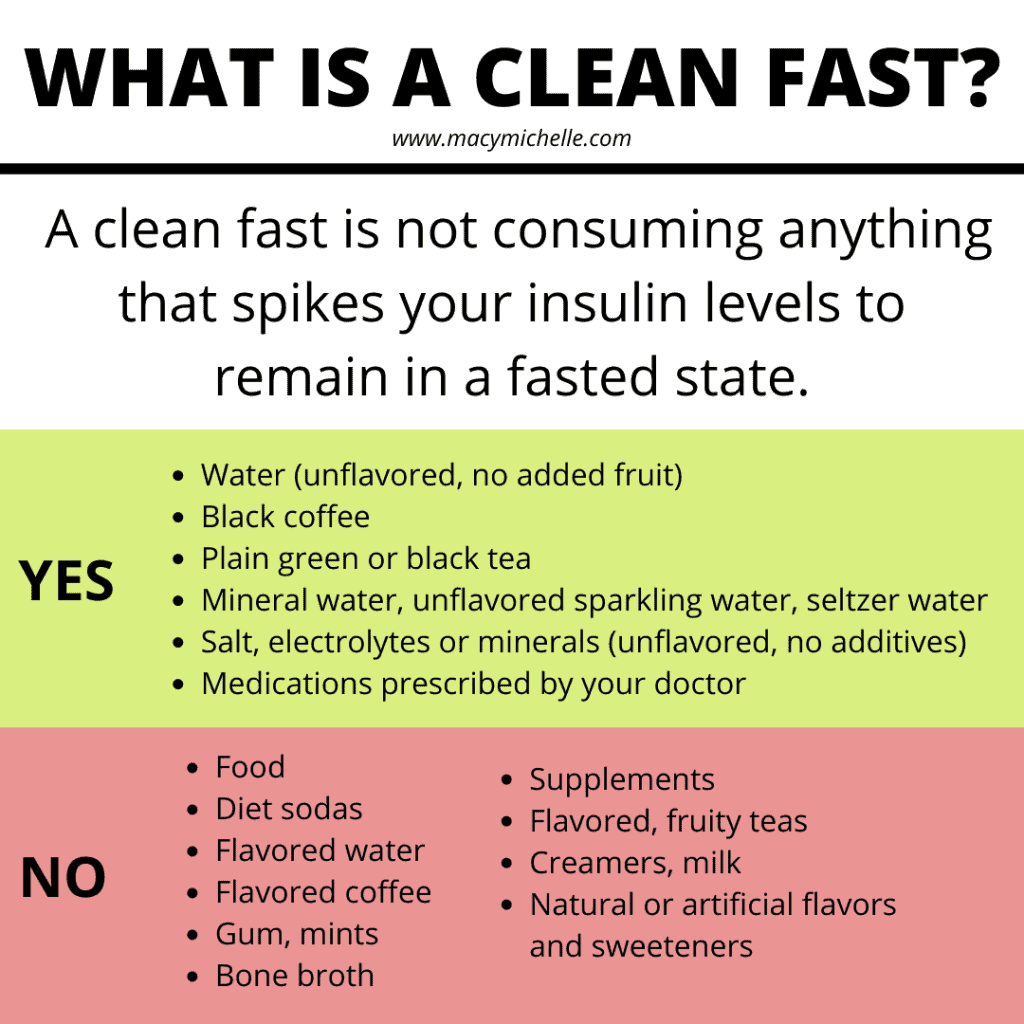
Clean Fasting & Dr Jason Fung!
In Dr. Jason Fung's book "The Obesity Code," he discusses the concept of fasting and its impact on blood glucose levels. Fung emphasizes the importance of understanding how certain substances, even in tiny amounts, might impact blood glucose and insulin levels during fasting.
While Dr. Fung's work suggests that a small amount of milk in coffee might lead to a small spike in blood glucose levels, the anecdotal evidence from the fasting community often highlights the challenges of maintaining a fasted state when such spikes occur. The reported cravings for food and sweets during these spikes align with the understanding that blood sugar fluctuations can trigger hunger or cravings, potentially making fasting more challenging.
The community observations often advocate for what's sometimes referred to as "clean fasting," which involves abstaining from consuming any substances that might trigger changes in blood chemistry during fasting periods. This typically includes sticking to water, black coffee, or certain teas without additives like milk.
The reported experiences of the fasting community seem to suggest that having black coffee or tea (without milk) might offer a caffeine boost without altering body chemistry in a way that triggers cravings or hunger pangs, making it easier to maintain a fasted state.
It's important to note that individual responses to fasting and substances during fasting can vary. While some individuals may experience increased cravings or difficulties fasting when consuming certain substances like milk in coffee, others might not notice significant effects. Therefore, personal experimentation and understanding of one's own body's responses during fasting can be valuable in determining what works best for each individual's fasting regimen.